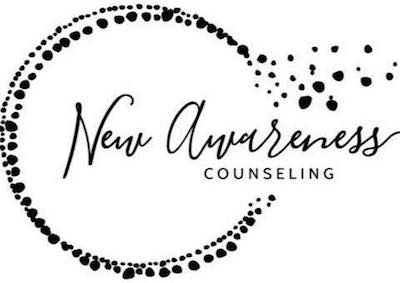The concept of learned helplessness began to emerge in psychology in the late 1960’s after being studied by Martin Seligman. His initial studies involved dogs and electric shock – so I will spare you the details – but what they found is that if we have been exposed to a negative situation repeatedly we may come to believe that it will always turn out that way in the future.
One example is how they have trained elephants to remain in captivity. Elephants have one leg tied to a post as babies, making it impossible to escape. Once they realize they can’t get away they quickly stop trying. This extends all the way into adulthood where most elephants won’t attempt to break free even though they are fully capable of doing so.
So what does this mean for you? It means that if you have failed at something before; had difficulties in relationships, been unsuccessful at losing weight, etc., you may have an element of “learned helplessness” that is consciously or subconsciously holding you back. That part of us that believes or fears that things will work out the same then often creates a self fulfilling prophecy.
One thing that I encourage clients to do to get out of this type of mindset is to write alternative endings. What I mean by that is that the client must come up with three to five different ways the situation could end. For example, if someone feels like they will never pass a test, I might have them write out the following:
- I studied really hard and flunked the test.
- I didn’t study enough and flunked the test.
- I studied as much as I could and got a C on the test.
- I studied really hard and got a tutor. I ended up getting an A- on the test.
- I studied hard and created a study group. I got a B on the test.
- I studied everyday and got a B-.
Sometimes people also have long, drawn out negative stories about what will happen if they fail. It helps to explore these and debunk them as much as possible. For example, someone might say:
“If I don’t get a B on this test I’m not going to get into the college I want. And if I don’t get into the college I want then I’ll have to go to community school and keep living with my mom and dad. Then I won’t be able to be a veterinarian like I want to be and I will be miserable the rest of my life.”
It usually sounds a bit ridiculous when we say it aloud, but these trains of thoughts are really quite common. Sometimes these stories, beliefs or forms of learned helplessness are too deeply engrained for us to reprogram on our own. I encourage you to consider seeing a trained professional who can help you rewire them and start having more success in your life.
Call me for a free consultation or to get a personalized referral.
Best,
Ashley

